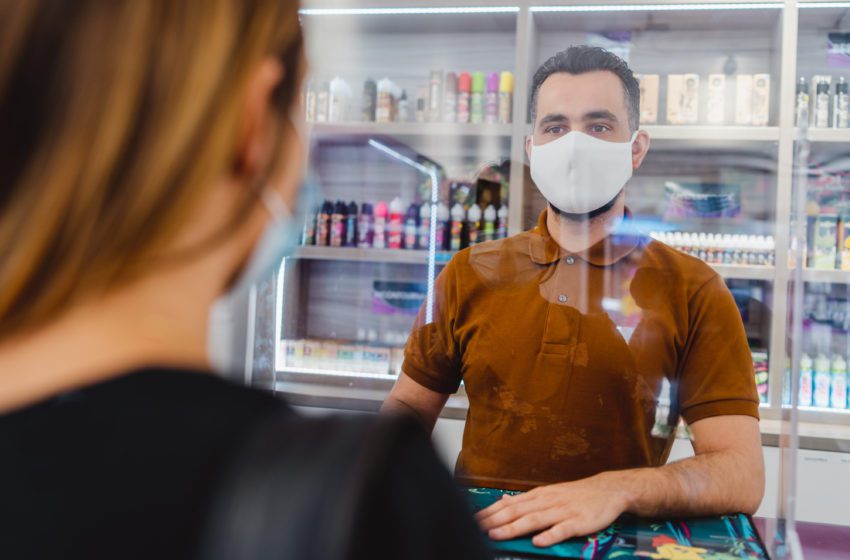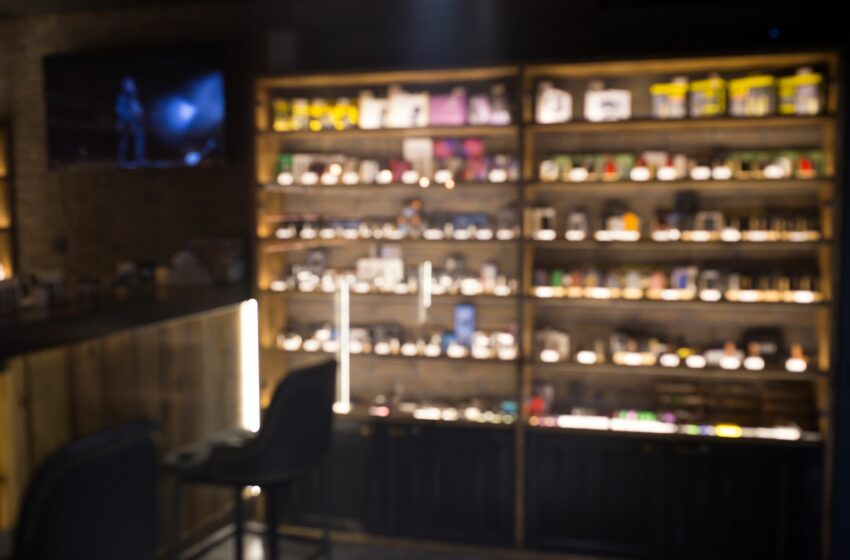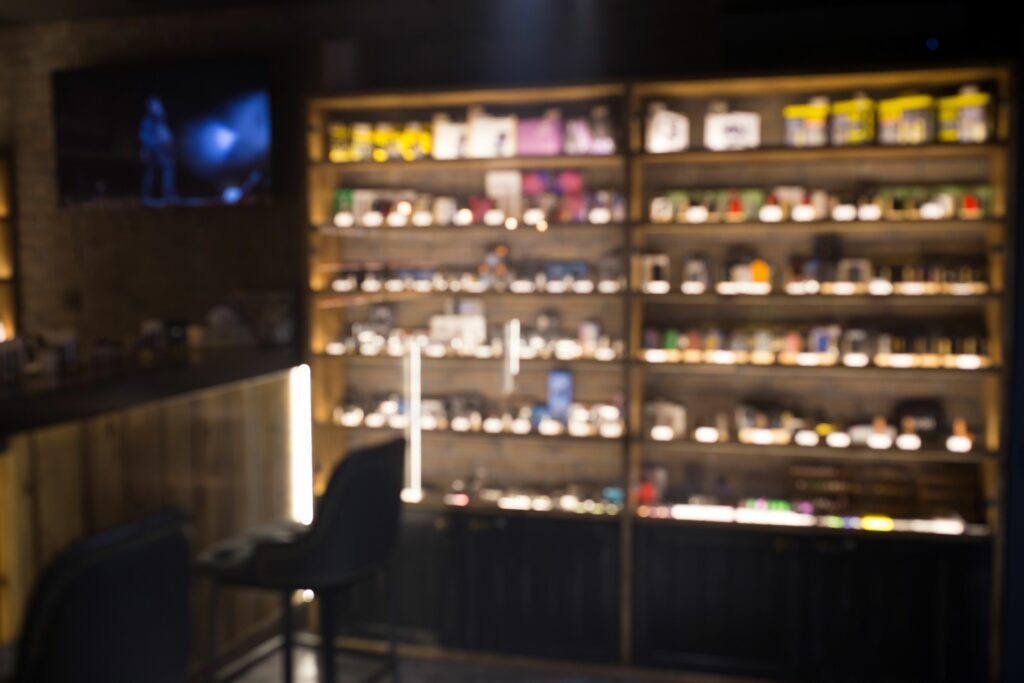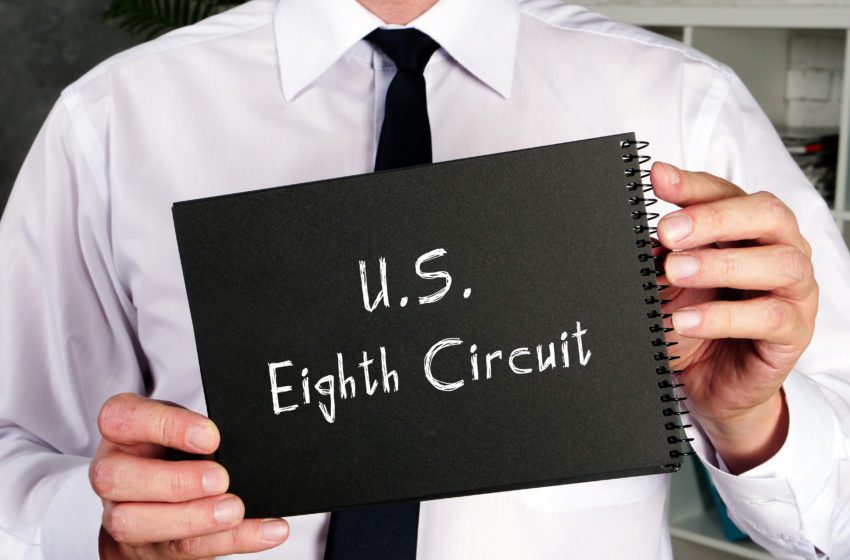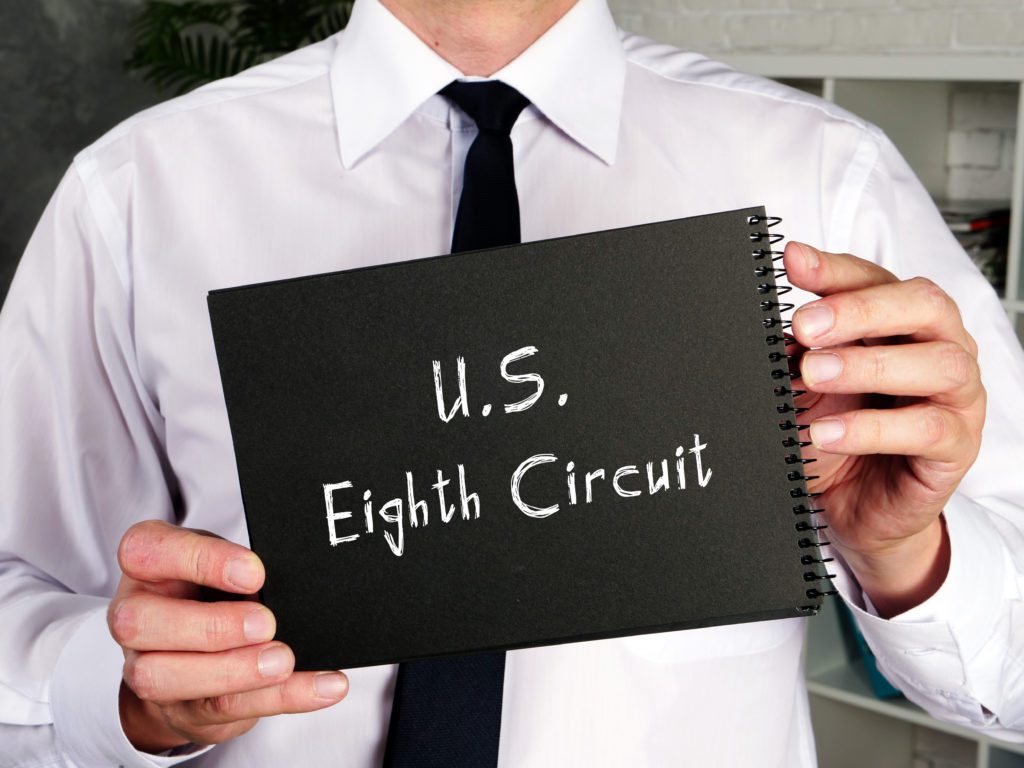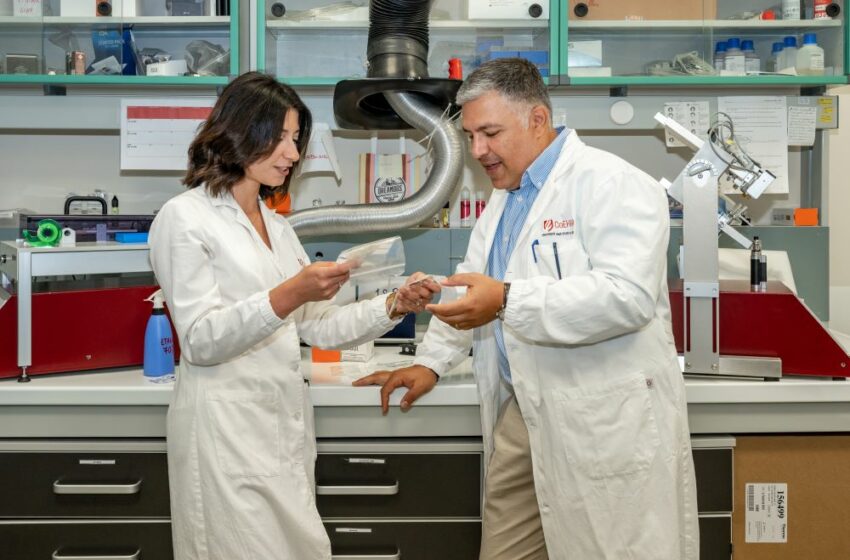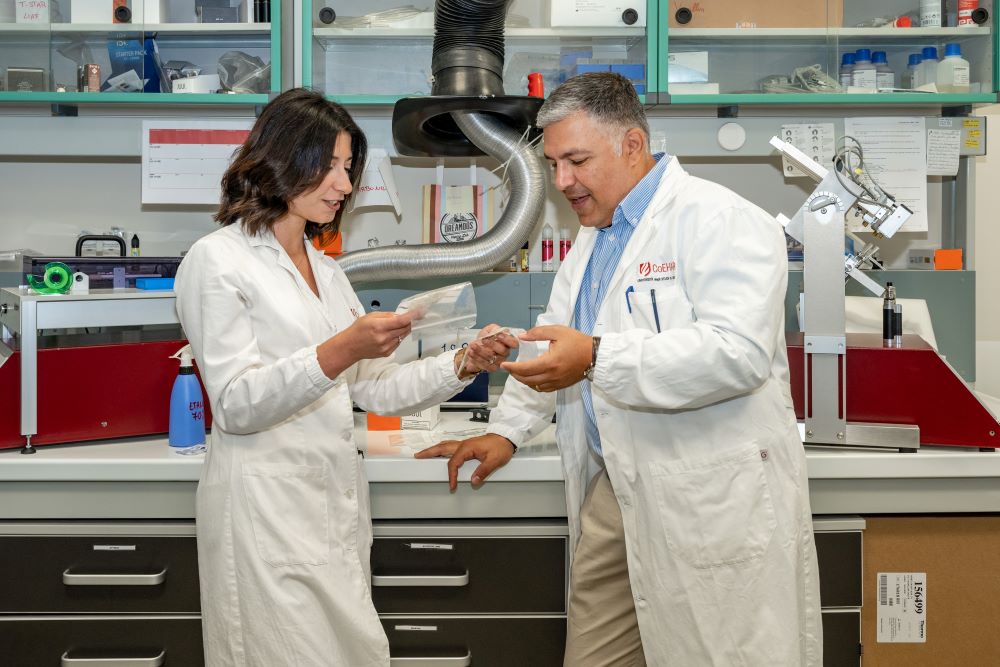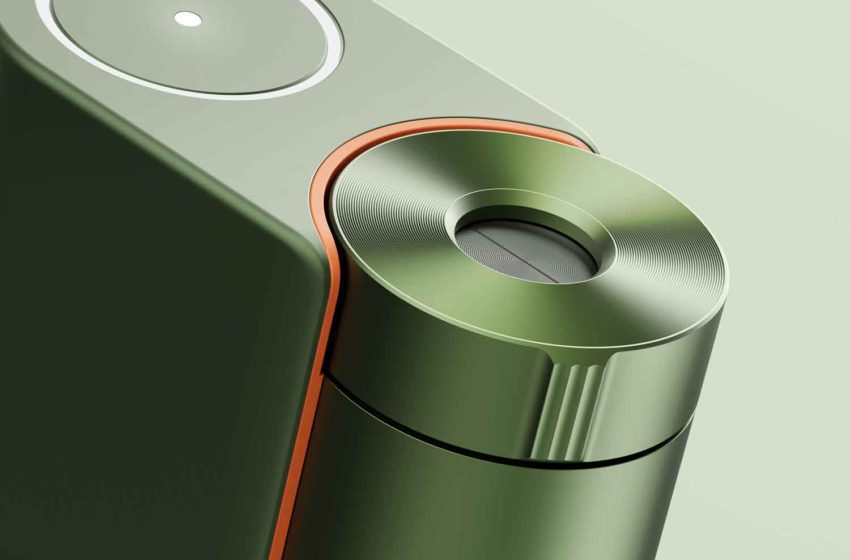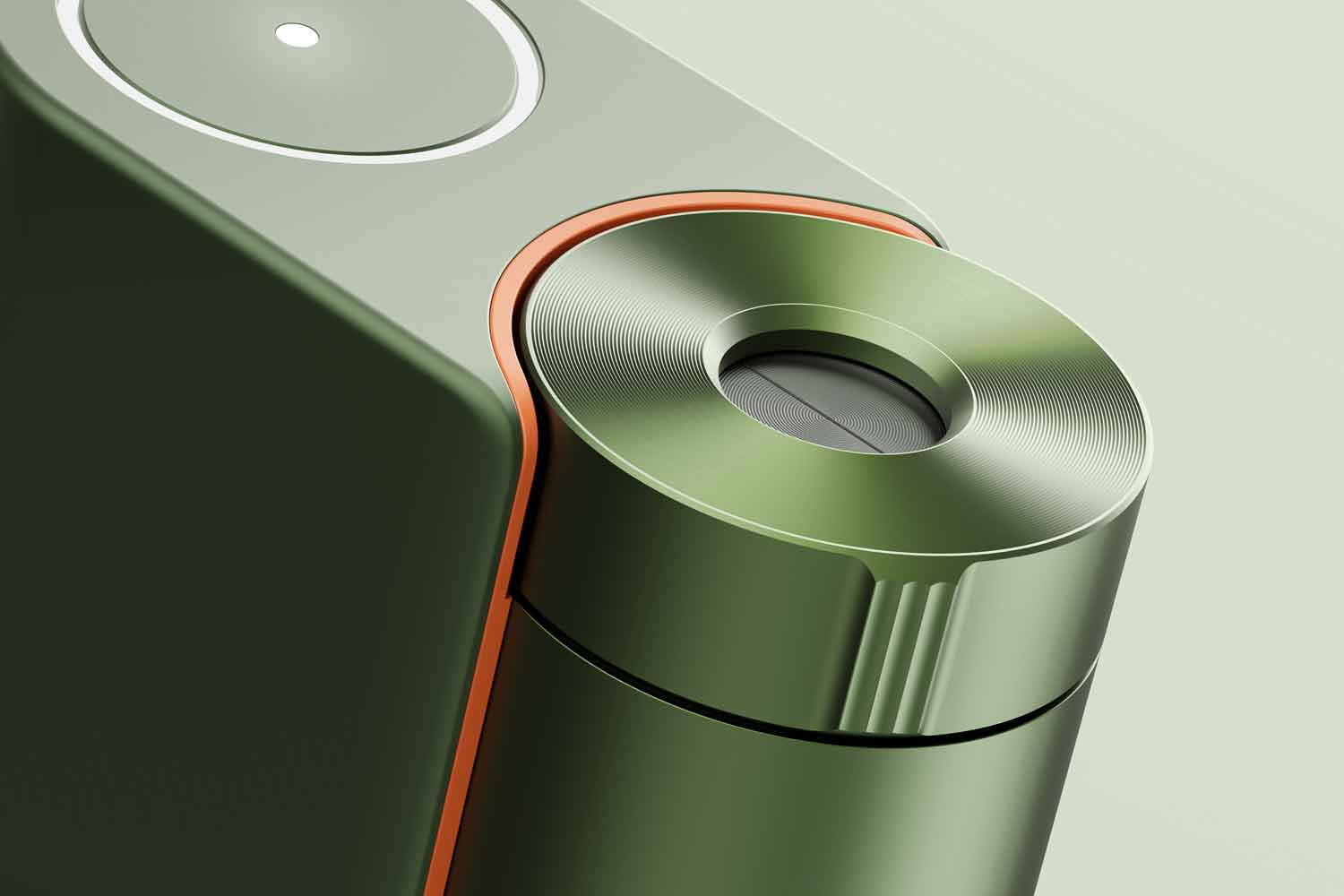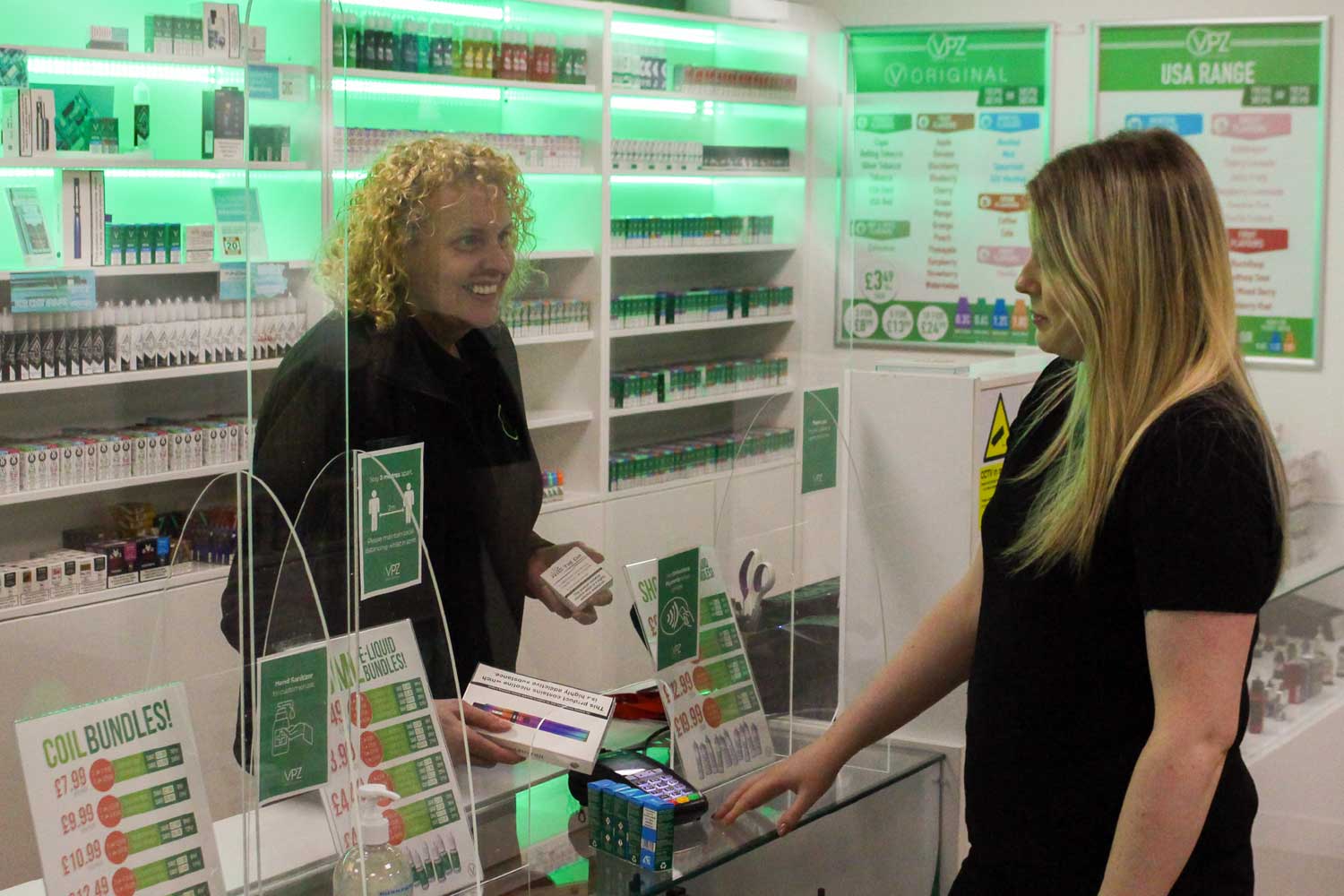
The vaping industry was poised to present a proposal for a retailer and distributor licensing scheme to U.K. lawmakers today.
In addition to a self-sustaining fee structure, the proposed scheme includes governance and oversight mechanisms along with criteria that businesses would need to meet before qualifying for a license. It also outlines a fine and penalty system for those who breach the terms of the license and the conditions under which a license can and should be revoked.
To qualify for a license, retailers will need to show they have put measures in place to prevent the sale of vapes to minors; do not sell nicotine-free vapes to minors; only stock and sell compliant products; operate legally across all areas of the business; promote products within the advertising regulations; and meet their environmental obligations.
Vape retailers and distributors may be blocked from obtaining a license under a number of circumstances, including if they’ve previously been caught selling vapes without the appropriate certifications or if they are attempting to reapply within two years of having their license revoked.
Under the plans, retail licensees would also have to undergo test purchasing exercises at least every six months to ensure they are following youth access prevention procedures as well as having their stock inspected to ensure the products they sell are registered on the Medicines and Healthcare products Regulatory Agency-notified products list.
They would also be checked on a regular basis to ensure they are complying with advertising and environmental regulations. Licensed distributors would be subject to regular inspections to ensure they are meeting compliance requirements across the board.
“It doesn’t matter what legislation the government introduces, whether the newly announced ban on disposables or any future restrictions, a robust and balanced licensing system is critical to ensuring the law can actually be enforced and for ushering in a new era of responsibility, accountability and best practice,” said Dan Marchant, co-founder of the U.K. Vaping Industry Association and managing director of Vape Club, which led the development of the proposed scheme, in a statement.
The presentation of the plan comes just days after a new investigation revealed a near twentyfold increase in the number of illicit vapes seized by councils across the U.K. since 2020.

